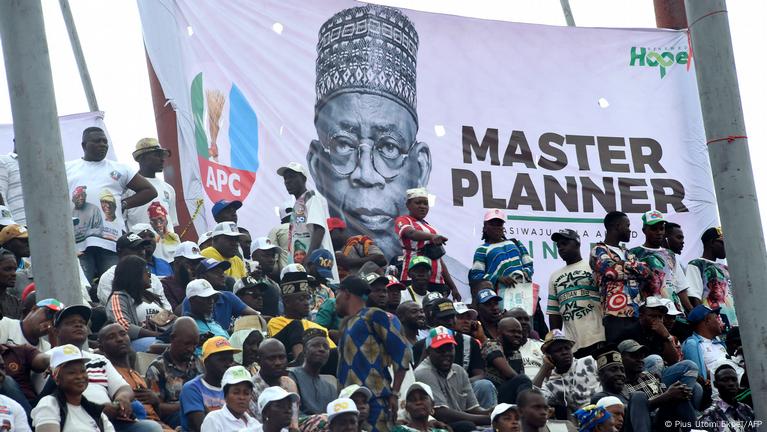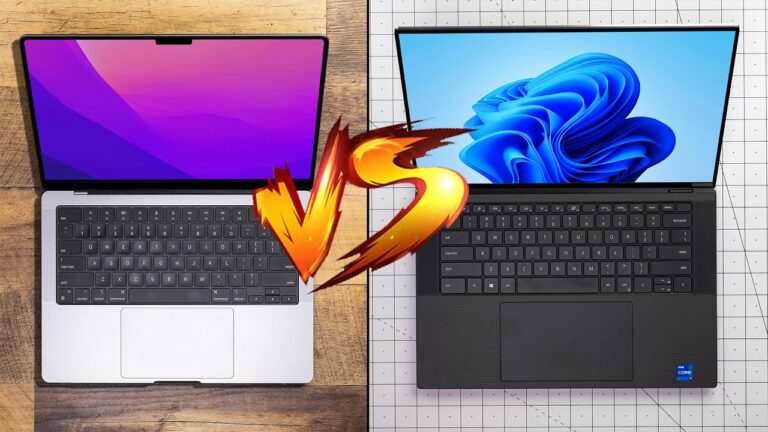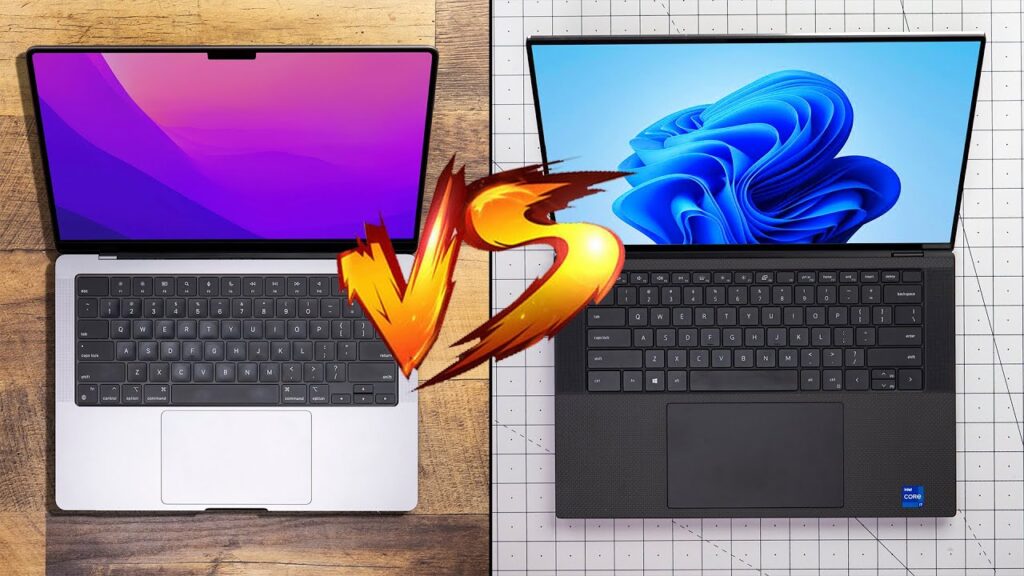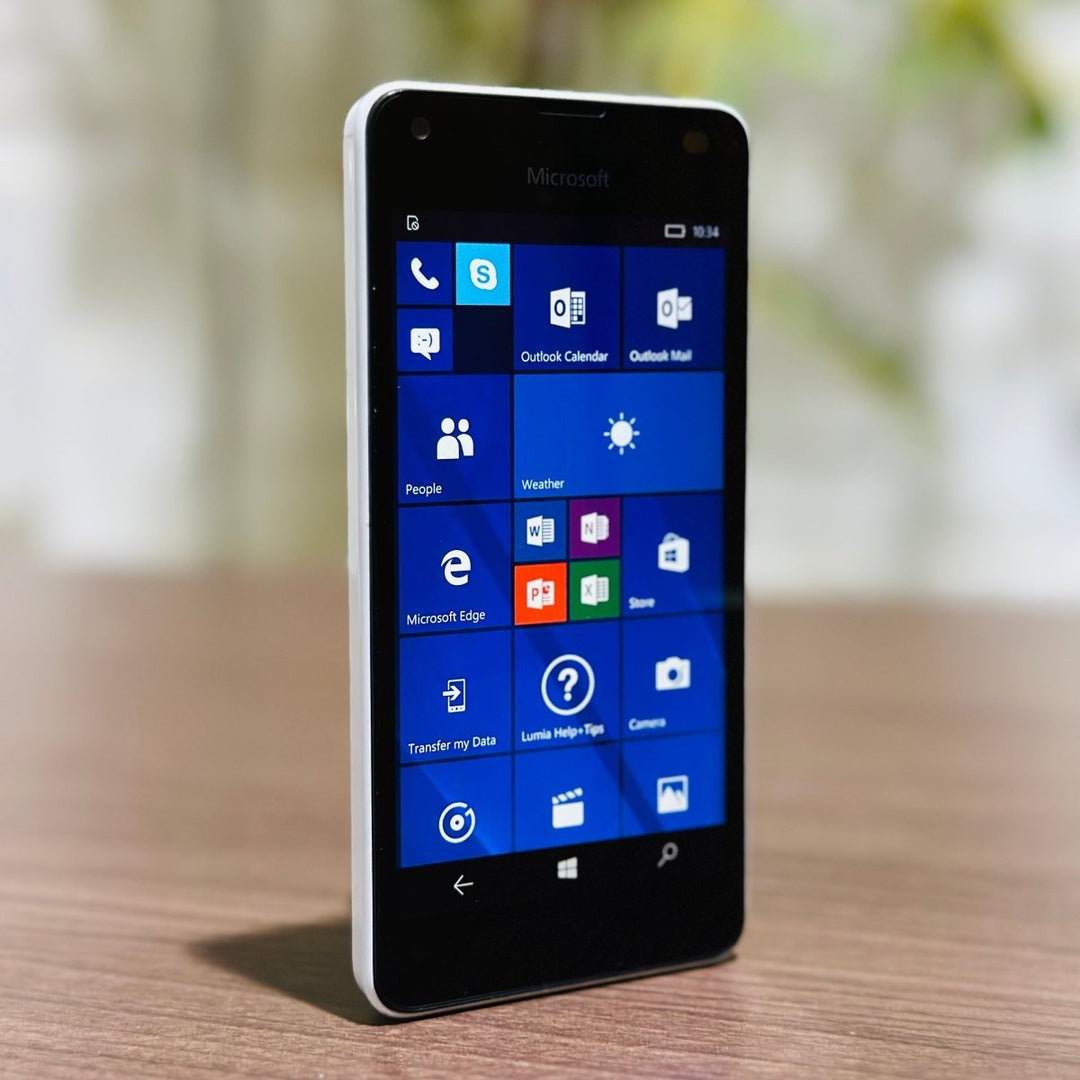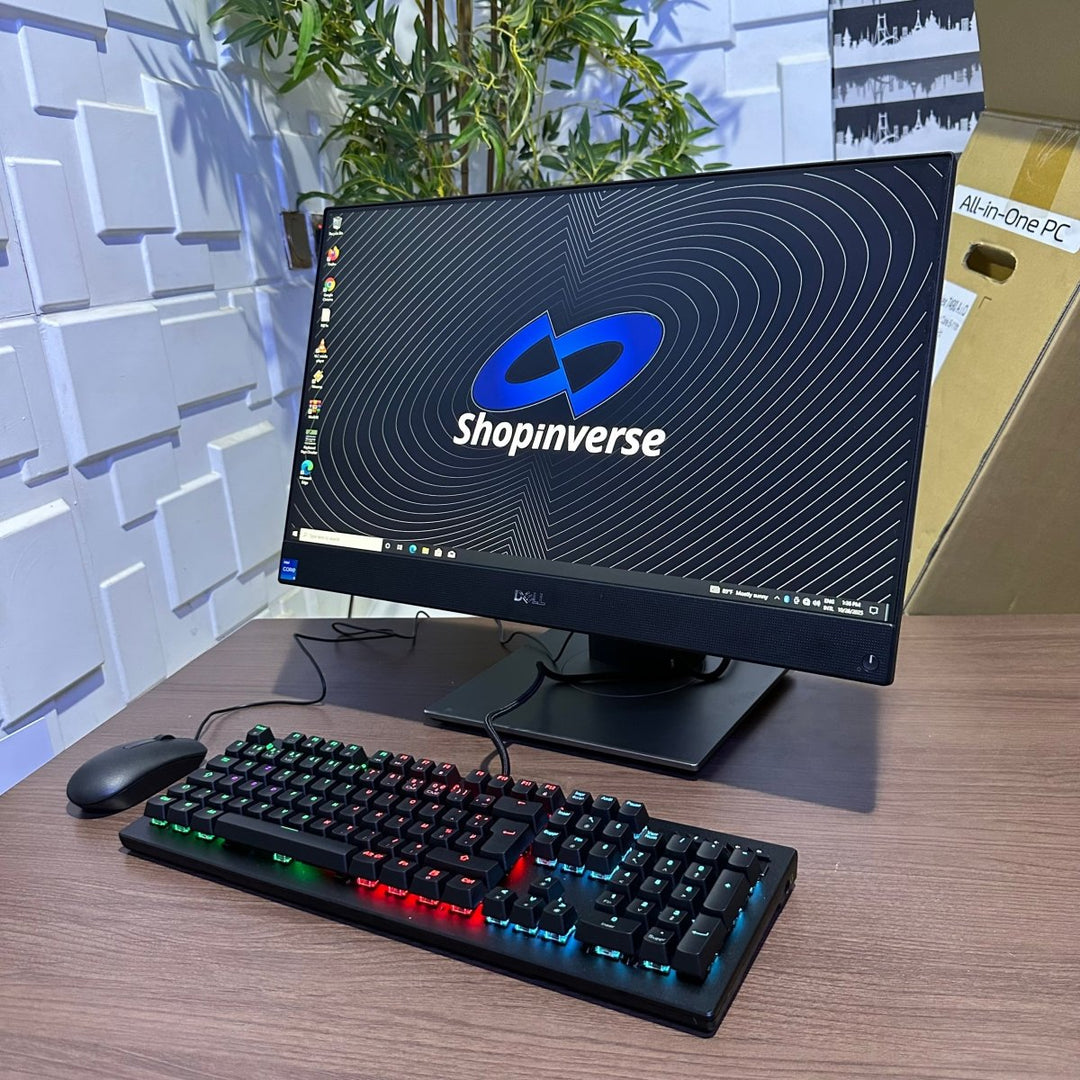As Nigeria approaches the 2027 general elections, the internet is already buzzing with political conversations, promises, and unfortunately — fake news. Misinformation is dangerous. It fuels division, misleads voters, and damages democracy. But how can you tell what’s real and what’s not?
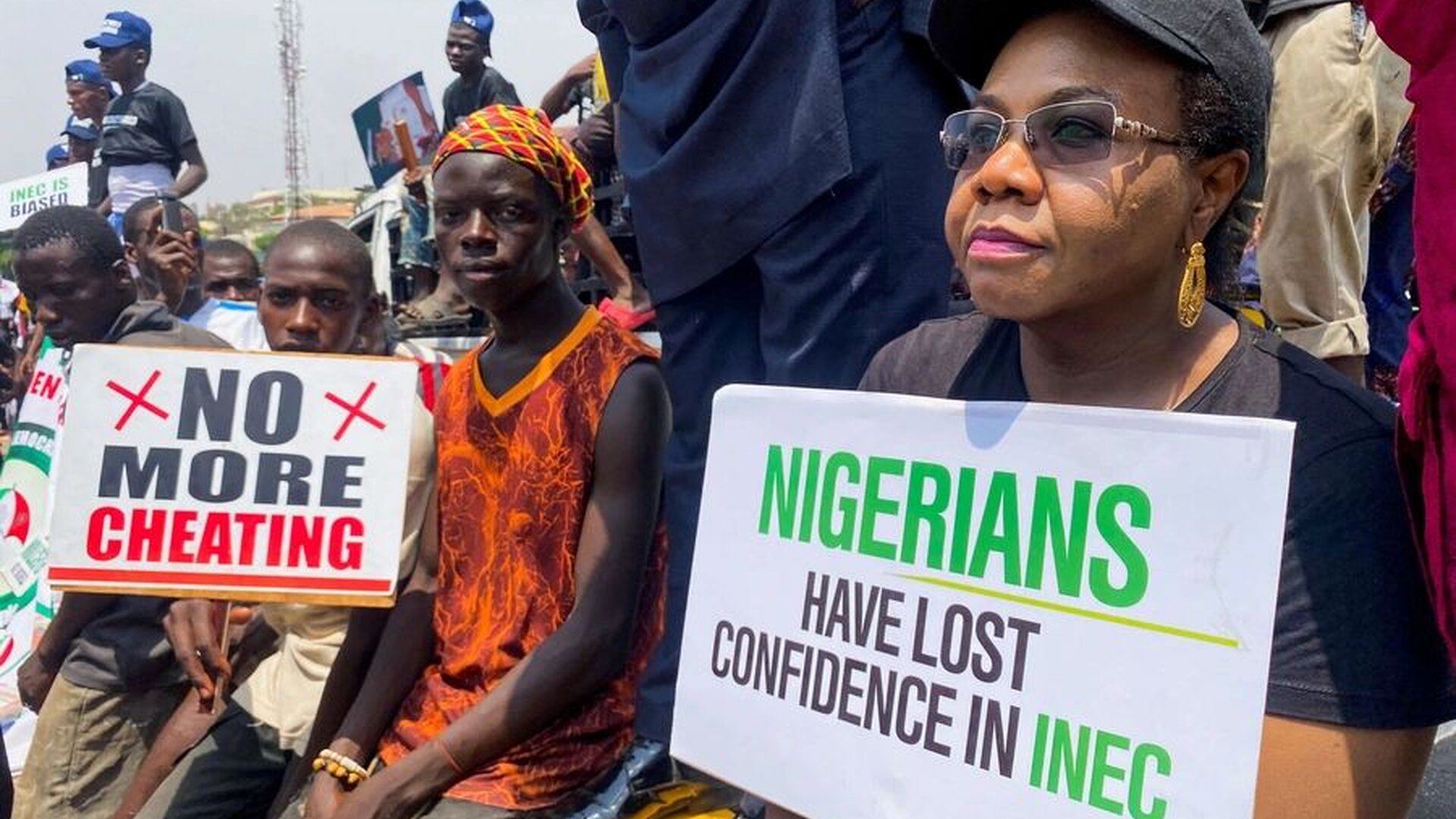
In this guide, we’ll show you how to spot fake political news in Nigeria and protect yourself and others from falling for lies. For more practical online tips, explore Infolandia’s How-To Guides.
1. Check the Source
Always start by asking: “Where is this news coming from?”
A legitimate news platform will usually have:
- A registered domain (like punchng.com or channels.tv)
- Contact information or editor’s names
- Consistent updates
Avoid WhatsApp broadcasts, Facebook pages with no real identity, or websites with strange URLs (e.g., politics-ng-blog.xyz). For credible Nigerian lifestyle and news insights, check Infolandia Nigerian Life.
2. Look Out for Emotional Headlines
Fake news often uses clickbait titles to grab your attention:
“Shocking! Tinubu Secretly Steps Down for Obi!”
“Atiku Found Guilty by UK Court – 10 Years in Jail!”
If it sounds too dramatic or one-sided, it’s likely false or misleading. Real journalism sticks to facts, not emotions. You can also read our piece on App & Product Reviews for tools that help detect fake headlines and false claims.
3. Verify With Credible Sources
Cross-check the information with known outlets like Premium Times, Channels TV, BBC Pidgin, or Sahara Reporters. You can also confirm stories using Africa Check — a trusted fact-checking platform.
If only one site is reporting it and others are silent, be cautious. For updates on Nigerian policies and jobs, visit the Infolandia Jobs section.
4. Examine the Date and Time
Many fake stories are recycled from years ago and reshared with a new twist. Check if the article is recent and relevant to 2027. Old events can be used to stir emotions in present times. Our Make Money Online category often covers digital literacy and how to avoid online misinformation scams.
5. Check the Author
Legit news stories have bylines with journalist names. If the article has no author or uses a fake-sounding name (e.g., “News Desk Nigeria” with no profile), it’s a red flag. Always look for transparency — something we value highly on Infolandia Nigeria.
6. Look for Evidence
Real news articles often include:
- Photos or videos with watermarks
- Verified tweets or official statements
- Quotes with named sources
Fake stories usually lack these and often just say “Sources say” or “It has been reported” — without naming who said what. For more responsible reporting insights, you can explore Poynter Institute — an authority on global media ethics.
7. Avoid Political Echo Chambers
Don’t rely only on platforms that favor your political views. Join neutral groups, follow different media, and read both sides. The goal is truth, not tribalism. Balanced reading helps build informed opinions — something we promote regularly in Infolandia’s Lifestyle Discussions.
8. Use Fact-Checking Websites
Before sharing any political story, quickly check reliable sites such as:
These platforms verify political claims, viral videos, and election rumors — helping you stay informed and credible online.
Final Thoughts
Fake political news is not just annoying — it’s dangerous. As a Nigerian preparing to vote in 2027, you must think critically, fact-check, and avoid spreading unverified stories. For more responsible reading, visit Infolandia’s How-To Guides to learn how to stay smart and safe online.
Stay smart, stay informed, and help protect Nigeria’s democracy.
